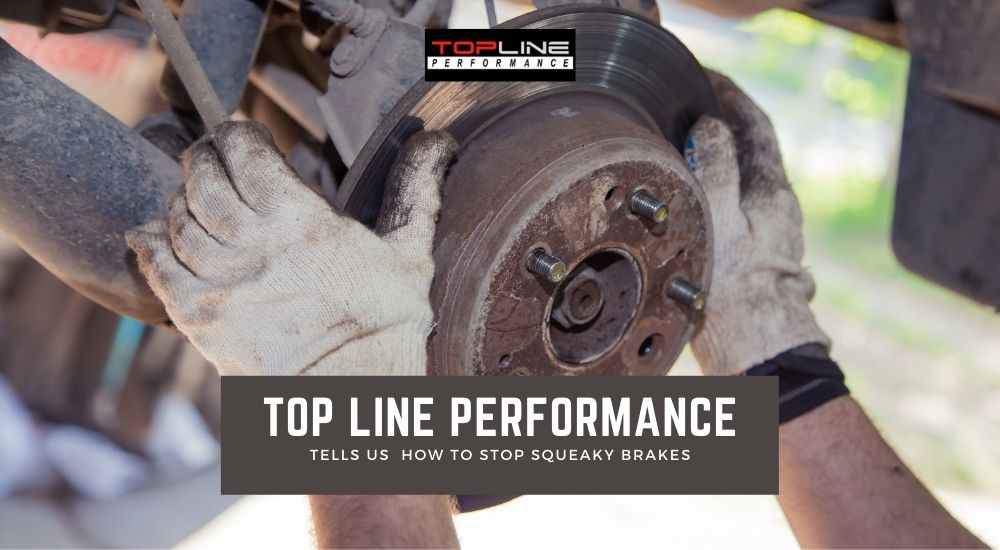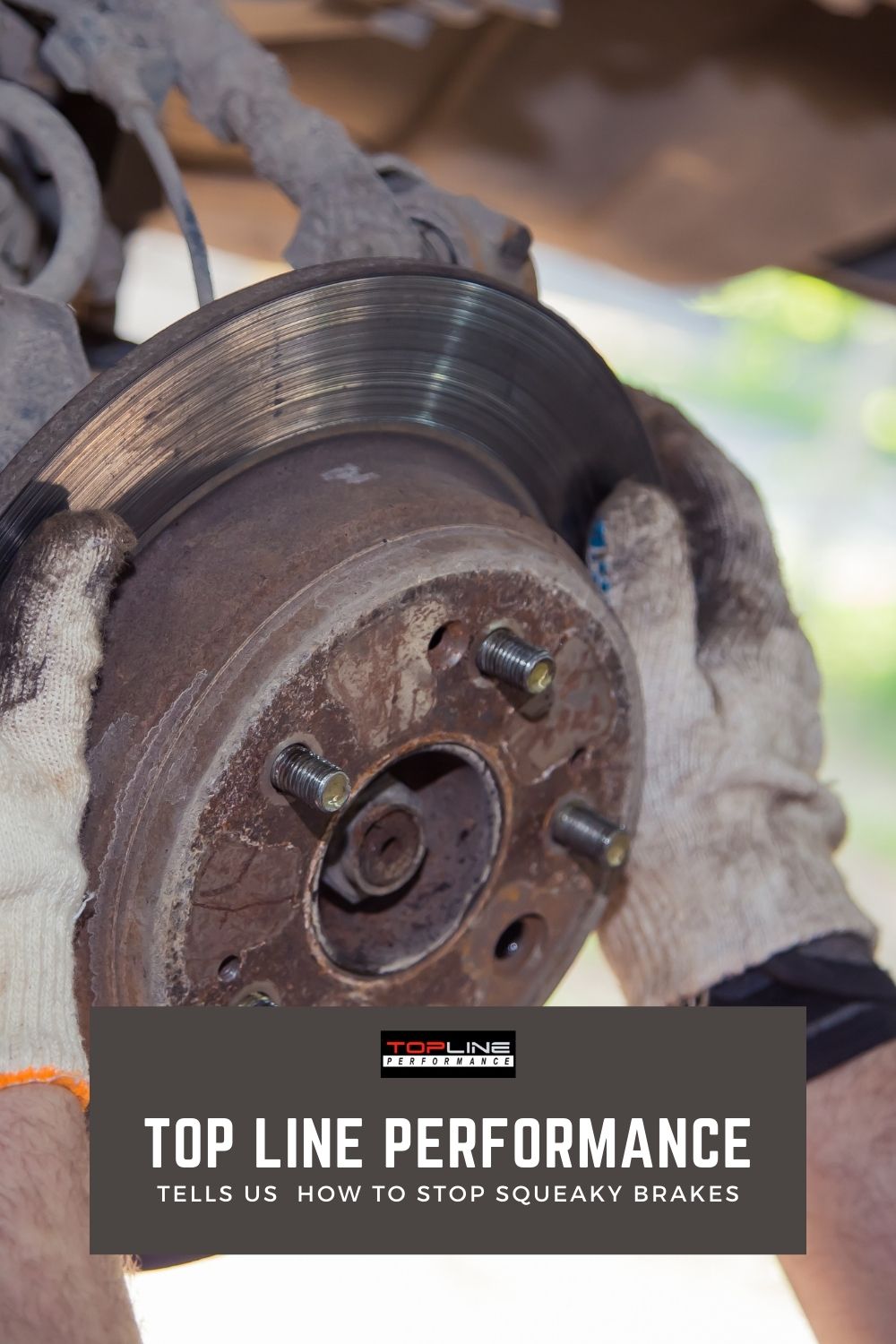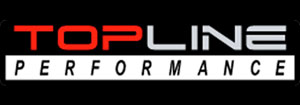
Squeaky brakes in cars may be annoying and are a usual occurrence with automobiles. Be that as it may, they are easy and affordable where auto repair is concerned. When the brake pads are not worn out, and the squeal isn’t being caused by damage, that irritating noise at every red traffic light can really do your head in. If your brakes are squeaky, have a look for loose parts, replace any missing parts, and combining the padding as well as lubrication materials, are a few ways you can alleviate that scratching on the chalkboard noise.
Why Do Some Cars Have Squeaky Brakes?
Don’t be surprised if your car’s brakes make some noise because they are supposed to once in a while. However, do you ever wonder why your brakes are squealing? Present-day brakes operate with a cast-iron disc crammed between two brake pads lined with some material that adds friction.
When things are working in the right order, the disc, the pads, and the caliper that they are placed in will begin to vibrate. Similarly, the string of a violin vibrates when it’s rubbed by the horse hairs on the violin’s box. Most of the time, brake screeches happen at an individual frequency. It really depends on how fast the car is going and how hard you press down on the brake, which will affect the volume of noise since the pitch is managed by the flexibility and size of the pad and disc.
If the manufacturer has created a defective brake system that is creating a lot of annoying noise, don’t worry. Most auto repair shops in Huntington Beach have mechanics that can re-engineer the caliper, mount, pad, and disc system. You can attempt to dim out the noise or basically change the resonant frequency of the entire arrangement until it stops making any noise at any audible frequency.
Common Brake Pad Noises
A few brake pad structures will make a swishing or grinding sound within the first couple of stops in the morning until the pads begin to warm up and drive away any moisture they have hoarded overnight. That’s why you probably have heard a hissy or grinding noise on a rainy or dewy morning. This noise is due to the pads gliding a thin film of rust built up on the iron discs, which is very typical.
Once upon a time, brake pad friction material was produced from asbestos. Sadly, asbestos left many asbestos workers and brake mechanics dying of lung cancer. Therefore, the industry had to revamp its procedure to a safer option. Some manufacturers use Kevlar, a material that’s being used a lot, although it can be dusty.
Due to the fact that safety requirements and equipment must have better brake performance, there are more metallics and ceramics within the brake pad friction material. These substances can make the brakes hiss and even grind a bit as you slow down. However, in the long run, it’s a small price to pay for enhanced performance. Nevertheless, not all brake pad noises are fine. There is one type of brake noise your auto repair technician has to tackle immediately.
Most brake pads have a little spring steel that will grate against the disc as the pad hits its wear limit. This lets you and your auto repair shop know that it’s time to change pads for newer ones before the friction material crumbles away for good. The sound you hear when this is happening is not a brake squeal but more of a sound resembling sheet metal being ripped apart.
Put The Squeak To Rest
Obviously, one quick fix is to have your auto repair shop change your vehicle’s brakes completely into a different kind of friction material. It’s not easy to compare the original equipment pads for an alternative. However, you’ll soon recognize that opting for an aftermarket superior metallic or ceramic pad could alter the synergy that influences the frequency of the brake pad and disc, and consequently, makes your automobile sing a better tune.
Most auto parts stores have a huge selection of brews and knick-knacks that all promise to heal your car of its disturbing squeaks. For instance, many good brake mechanics will tell you to stay away from aerosol spray solutions that promise to cure squeaky brakes. These kinds of sprays are usually sprayed directly on your brake pads’ friction material. Most of the time, they don’t work in eliminating the squeaky noise, and who wants to change the friction attributes of the pad? You must remember that the primary reason that your brake system is there for, and that is to make your car slow down. Any method that could lower the chances of your system’s performance in that area is not a recommendable idea.
If you still have noise, have a bit of pad material left, and don’t want to spend fifty to a hundred dollars on a new set of brakes, then you could go ahead and decouple the piston acoustically from the pad. You can do this by purchasing shims created out of Teflon, which is meant to go in the middle of the pad and the caliper’s hydraulic piston. Here is a fair warning that some calipers might not have enough space in the piston bore to let any shimming happen without forcing the brakes to drag.
Or you can accomplish the same decoupling without the use of Teflon shims by just covering the back face of the pad’s backing plates, using a high-temp brake grease or also an anti-seize compound. In contrast to shims, this adjustment won’t last a long time since water and dirt will eventually clean it away.
In conclusion, bad brakes are a serious safety issue that should not be ignored. Besides the fact that noisy brakes can get on your nerves, they could be the tell-tale signs that the brakes are bad, but the noise itself is not necessarily the danger. If in doubt, have your noisy brakes checked out by your trusted auto repair shop in Huntington Beach, particularly Top Line Performance. In general, always make it a point to have your vehicle looked at if the brake noise is followed by other braking issues, such as the car pulling itself onto the side of the road as you press on the brakes. Call us at (714) 477-7138 or visit our website https://toplinehb.com/ for any brake issues.


